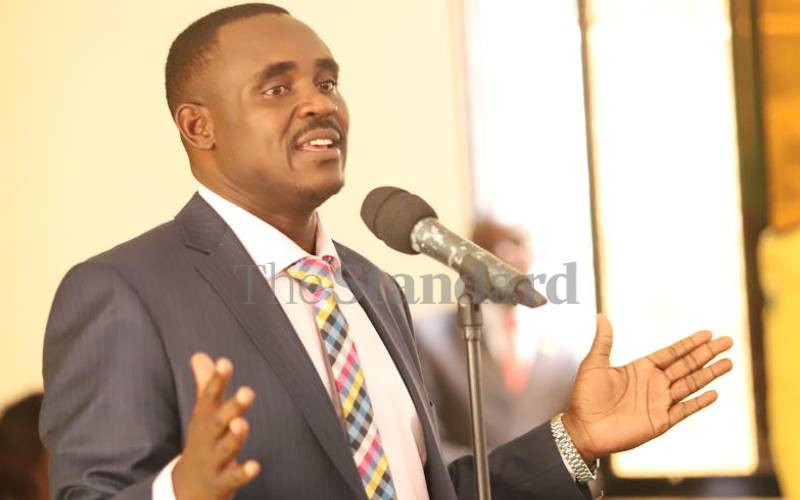×
The Standard e-Paper
Join Thousands Daily

United Democratic Alliance Secretary (UDA) General Cleophas Malala's political star is on the rise.
In June this year, President William Ruto promoted him to sit in the Cabinet, three months after appointing him UDA Secretary General, one of the parties that form the Kenya Kwanza Alliance. Others are ANC, FORD-K and other smaller parties.







